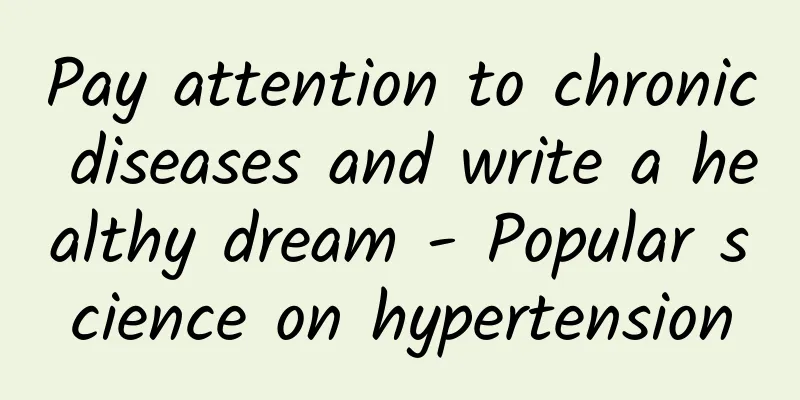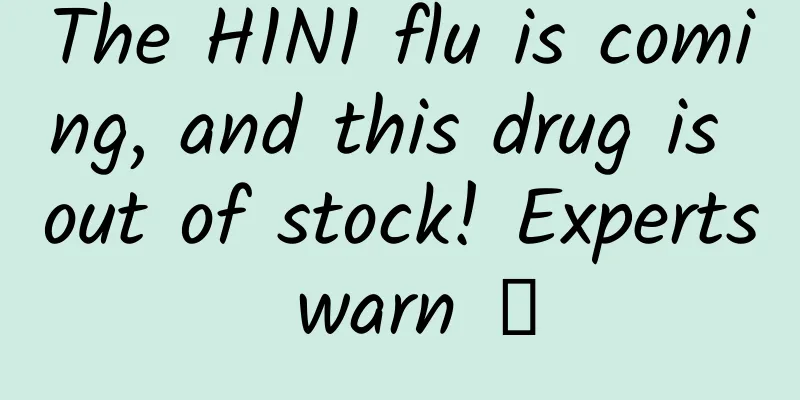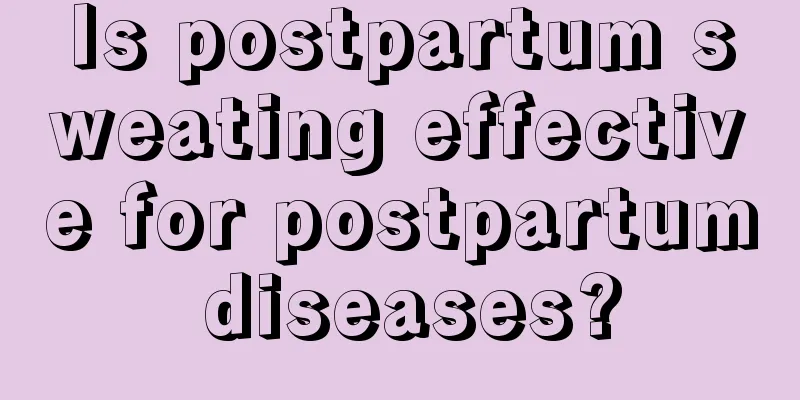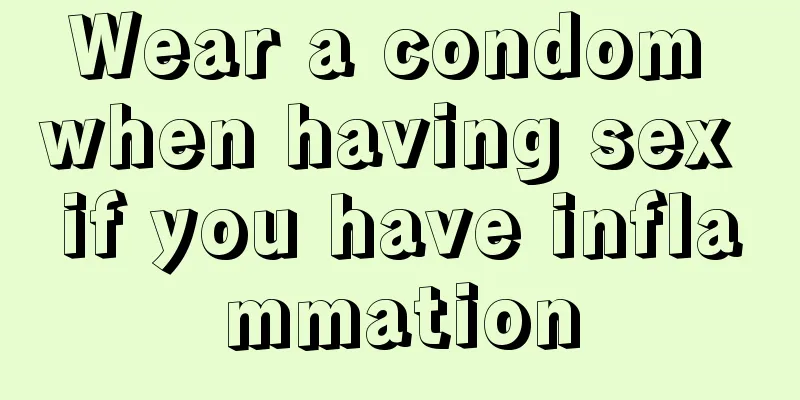Pay attention to chronic diseases and write a healthy dream - Popular science on hypertension

|
Hypertension is one of the chronic diseases that poses the greatest threat to people's health. There are a large number of people suffering from hypertension in my country, about 245 million people, which means that one in every six adults suffers from hypertension, which is a great challenge for general practitioners. 1. What is hypertension? Blood pressure is the lateral pressure exerted on the blood vessel wall when blood flows in the blood vessels. Excessive pressure is high blood pressure. 2. How to determine hypertension? 1) Without taking antihypertensive drugs, if the systolic blood pressure is ≥ 140 mmHg and/or the diastolic blood pressure is ≥ 90 mmHg for three consecutive times on different days, hypertension can be diagnosed. 2) Patients with a clear history of hypertension who are receiving antihypertensive medication are also diagnosed with hypertension even if their blood pressure is <140/90 mmHg. 3. What are the clinical symptoms of hypertension? 1) Patients may experience symptoms such as dizziness, headache, tinnitus, tight neck, nosebleed, palpitation, shortness of breath, etc. 2) Some people have no symptoms at all, some even remain asymptomatic throughout their lives, so this group of people should be paid more attention. 4. Why do people get high blood pressure? 1) Genetic factors: 60% of patients with hypertension have a family history of hypertension. If there is hypertension in the family, especially in direct relatives, you must be vigilant. 2) Bad lifestyle habits: high-salt, high-protein, low-potassium diet, overweight and obesity, smoking, excessive drinking, lack of physical activity, long-term mental stress, lack of sleep, etc. can all lead to high blood pressure. 5. What should I do if I have high blood pressure? 1) Lifestyle intervention Eight steps to healthy living Limit salt intake, lose weight, and exercise more Quit smoking, limit alcohol consumption, keep a calm mind Managing diet and sleep It is difficult not to lower blood pressure 2) Antihypertensive drug treatment You should start with a small dose and gradually lower your blood pressure. The speed of lowering blood pressure should not be too fast. It is recommended to use long-acting preparations, combined medications, and individualized treatment. Once you are diagnosed with the need to take antihypertensive drugs, you must insist on taking them. If you need to increase your medication, you must do so under the guidance of a doctor. Remember not to make decisions on your own and stop taking the medication at will. Hypertension is easy to develop but difficult to cure, so prevention is very important. It is best to measure blood pressure regularly and pay attention to changes in blood pressure. Health science popularization, thank you for your support! (Picture from the Internet) Author: Xu Lili, Department of General Medicine, First Affiliated Hospital of Shihezi University |
>>: What happens to people who often wear high heels?
Recommend
Double "new evidence" support! Good news for melanoma patients!
At the just-concluded 2024 European Society for M...
Treatment methods for ovarian cysts, there are methods to treat cysts
The full name of ovarian chocolate cyst is ovaria...
Treatment for breastfeeding mothers
Breastfeeding mothers should eat nutritious food ...
Pain when pressing on the lower edge of the breast
In daily life, many women experience breast pain....
6 signs of good kidney health, how many do you have?
1. No swelling when getting up early Healthy peop...
Prevention of breast cancer starts with "details"
In recent years, the incidence of breast cancer h...
What should girls eat to grow up?
Girls will enter puberty when they reach their te...
Say these 4 sentences often to be alert to the risk of dementia
Alzheimer's disease, also known as senile dem...
Can a person with high myopia give birth to a child naturally?
Walking down the street, you can see that almost ...
What does uterine hypertrophy mean?
The uterus is the main place for women to create ...
Benefits of skin oxygenation
People may not know much about skin oxygen inject...
Why does female urine smell bad?
Generally speaking, normal and fresh urine does n...
What happens if menstruation is delayed after having sex? Tell you the full reason
Some people find that their menstruation is delay...
Sharp Pang is a picture
If you suffer from genital warts, the effect of c...
What are the dangers of intrauterine adhesion amenorrhea?
Women may suffer from many kinds of gynecological...









